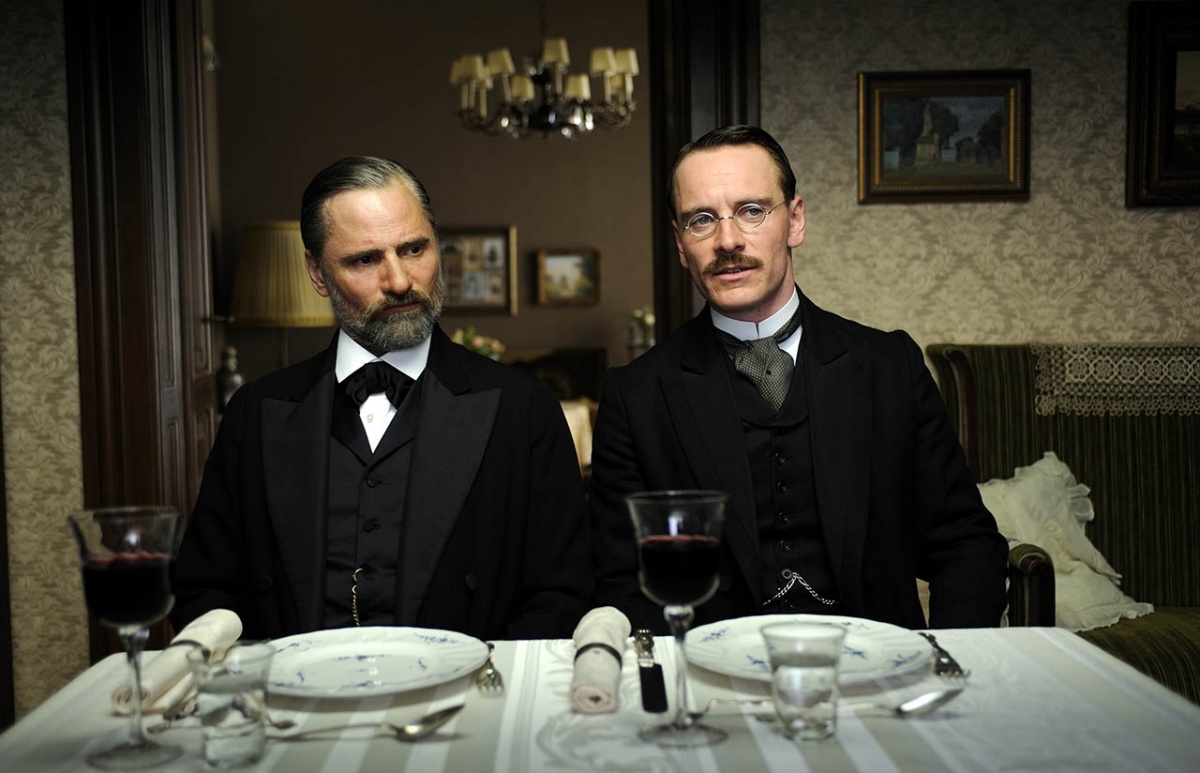Oscar-winning actor Anthony Hopkins (The Silence of the Lambs, Father) will play Austrian psychiatrist Sigmund Freud in the new film Freud's Last Session, announced at the Cannes Film Festival.
The screenplay is based on the play of the same name by Mark St.
Jermaine and directed by Matt Brown, who directed the biopic The Man Who Knew Infinity about Indian mathematician Srinivasa Ramanujan, Screen Daily reports.
The action will unfold on the eve of World War II - shortly before his death, the founder of psychoanalysis invites the cult writer Clive Staples Lewis to discuss the existence of God.
Exploring Freud's relationship with his lesbian daughter Anna and Lewis' romance with his best friend's mother, the film weaves past, present and fiction.
According to the director, the picture is not only interesting for its plot, but also relevant today.
“In addition to my personal curiosity and interest in the original play, there is an understanding at a deep level of the incredible relevance and importance of this picture,” Brown is quoted by The Hollywood Reporter.
“We live in very polarized times in terms of ideology, where everyone sticks to their group and there is no real dialogue.
I want to make an emotional, creative and thought-provoking film that will appeal to any audience.
A film that asks serious questions while exploring what lies at the very heart of human nature: love, faith and the frailty of being.
Filming will begin in London in the fourth quarter of 2022.
Shot from the movie "A Dangerous Method"
© kinopoisk.ru
Sigmund Freud was born on May 6, 1856 in the town of Freiberg in the Austrian Empire.
Soon his family moved to Leipzig, and from there to Vienna, where the future doctor graduated with honors from the gymnasium and entered the medical faculty of the University of Vienna.
Freud received the title of Doctor of Medicine, but the lack of money forced him to leave the department and go to work in the Vienna Hospital.
In 1885 he became Privatdozent and received a scholarship for an internship abroad.
After working with the French psychiatrist Jean-Martin Charcot, Freud came to the conclusion that unobservable dynamic traumas of the psyche can be the causes of neuropsychiatric diseases.
Returning home, Sigmund Freud began a private practice.
He treated the sick with the help of hypnosis, but eventually became disillusioned with the method.
After a while, a famous doctor began to study hysteria and made the most important contribution to this area, which is associated with the use of so-called talking therapy.
In 1895, Freud, together with the Austrian physician Josef Breuer, published Studies in Hysteria.
The psychiatrist developed more than one therapeutic method, explored many hypotheses and identified new ways to treat patients.
One of the important discoveries is the psychoanalytic method of treating patients, which consists in analyzing the associations that arise in the patient on the topic of any detail of his life, the interpretation of dreams, as well as erroneous actions (slips of the tongue, slips of the pen, forgetting, etc.) to identify unconscious causes what happened.
Many of Freud's patients had various sexual problems.
That is why the psychiatrist began to investigate the development of sexuality in childhood and came to the conclusion that the center of all mental development of man and art is the development of sexuality.
On this topic, he wrote several works ("Three Essays on the Theory of Sexuality", "Leonardo da Vinci", "Totem and Taboo").
The topic of religion was unknown to Freud, and he often succumbed to reasoning about it both in writing and in life.
In turn, the famous Oxford professor and writer Clive Lewis was one of the most famous defenders of faith through reason in the 20th century.
“In the first half of his life, Lewis was an atheist and defended his position with the arguments of Freud.
Then he gained faith, abandoned atheism, and in his writings began to reasonably respond to the arguments of Freud, who criticized the spiritual worldview,” says the book “Freud and Lewis.
Debate about God" by Armand Nicoli.
As the author of the book notes, these two thinkers never converged in a dispute.
But they have always had one thing in common: the uncertainty about whether God really exists.
Both Freud and Lewis devoted most of their lives to the study of this topic, and both believed that the question of "the existence of God is the most important thing in life."
In the field of culture, Sigmund Freud has previously appeared and been mentioned in many feature and documentary projects.
Among the most famous is David Cronenberg's 2011 film A Dangerous Method about Freud's relationship with Carl Gustav Jung, as well as with the latter's patient Sabine Spielrein.
Freud was played by Viggo Mortensen, Jung was played by Michael Fassbender, and the central female role went to Keira Knightley.
The picture was presented in the main competition of the Venice Film Festival.
The relationship between Jung and Spielrein is also described in the 2002 film Sabina.
Freud himself is not in the film, but Jung tries to treat a patient using a colleague's technique.
A notable documentary work is the series Personality Century, also released in 2002.
It talks about the rise of psychoanalysis and how it is being used in the political arena and in advertising.

